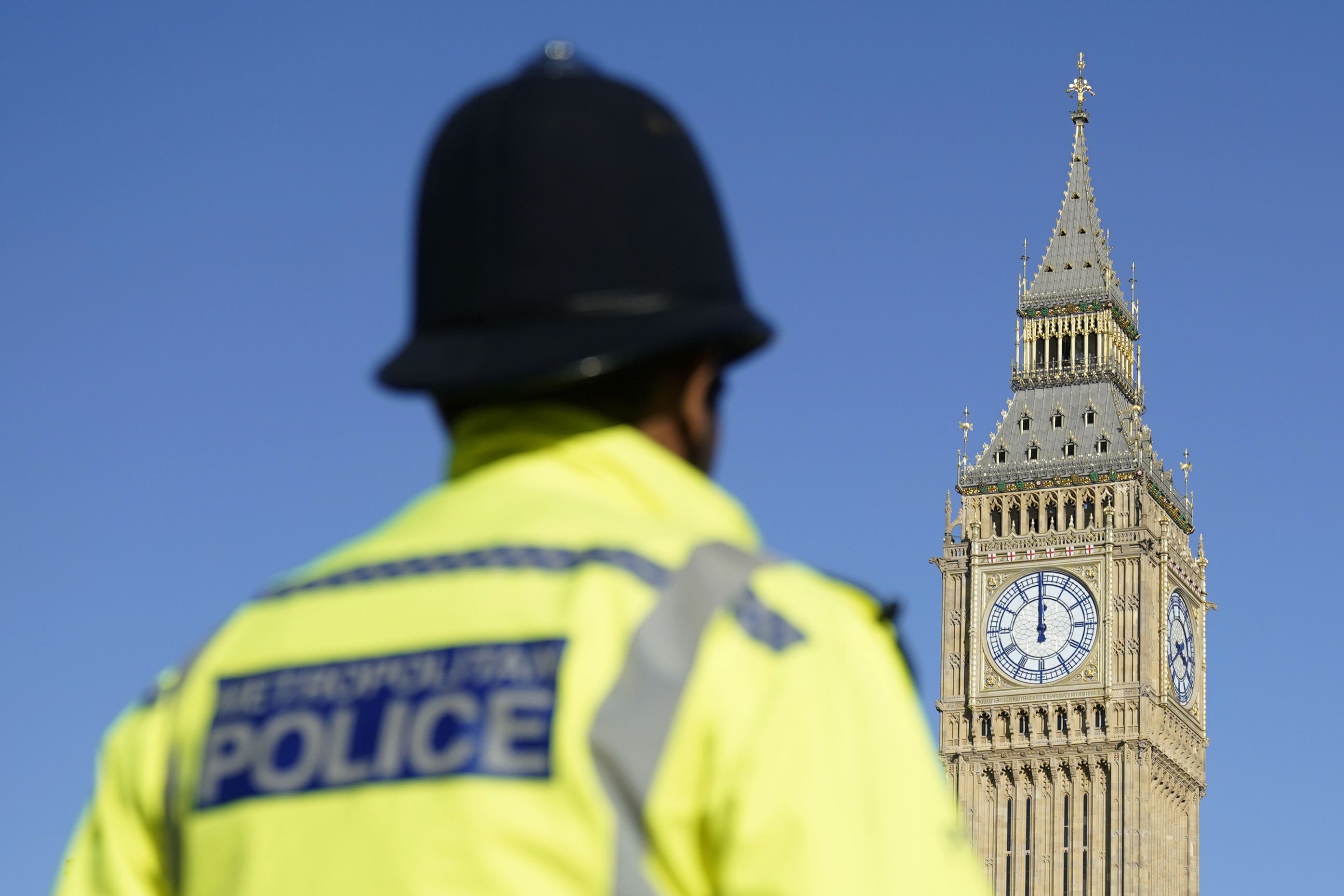Barriers to stalking orders lowered to improve access to protection
New guidance says it is ‘likely’ courts will apply the lower civil standard of proof for stalking protection orders, not the criminal standard.

Police officers will face fewer barriers to obtaining court orders to protect victims of stalking, under changes announced on Monday.
Updated Home Office guidance means officers will no longer have to meet the criminal standard of evidence when applying for stalking protection orders (SPOs), and will instead have to meet the lower civil standard.
Victims minister Laura Farris said the changes would make “a big difference to how easily victims can access protection”.
We must continue to treat stalking with the utmost gravity
She said: “Stalking is a complex form of abuse, and it can have a devastating impact on the lives of victims and their families. Sadly, it can end in the most tragic circumstances.
“We must continue to treat stalking with the utmost gravity. Having doubled the maximum sentence and introduced a new civil order to protect victims, we know there is more we must do.”
In 2017, the Government increased the maximum sentence for the most serious kinds of stalking from five years to 10 years.
Monday’s guidance states it is “likely” that courts will accept the lower civil standard of proof when deciding to grant SPOs, relying on the balance of probabilities rather than the criminal standard of “beyond reasonable doubt”.
That assessment is based on a case about anti-social behaviour orders from 2003.
Emma Lingley-Clark, chief executive of charity the Suzy Lamplugh Trust, welcomed the changes, saying the previous standard had been “a barrier to victims getting immediate protection when they need it the most”.
Ms Lingley-Clark also called for an increase in the use of SPOs across the country and said police officers’ understanding of the orders needed to be improved.
Monday’s announcement comes at the start of National Stalking Awareness Week, and Ms Farris is set to visit the Suzy Lamplugh Trust, which the Home Office funds with £160,000 per year.
Bookmark popover
Removed from bookmarks